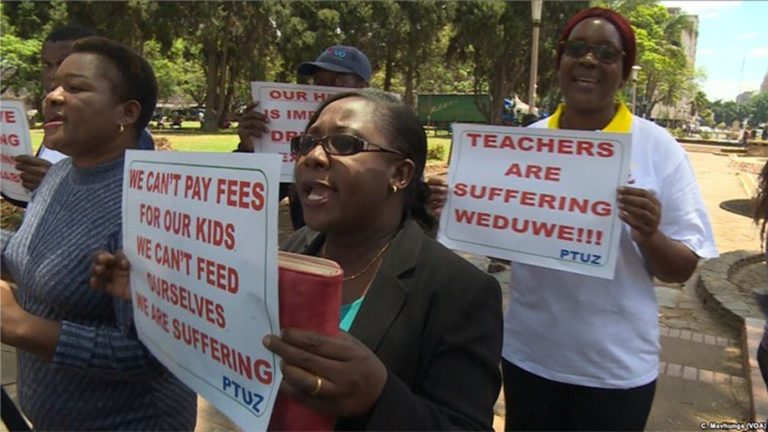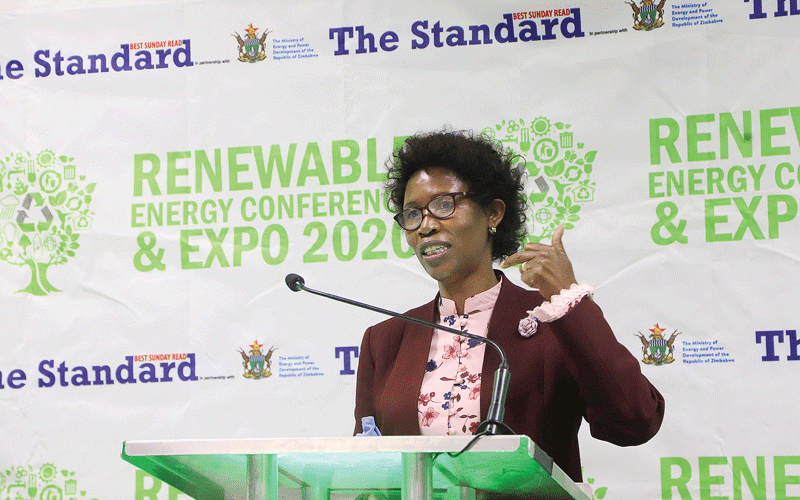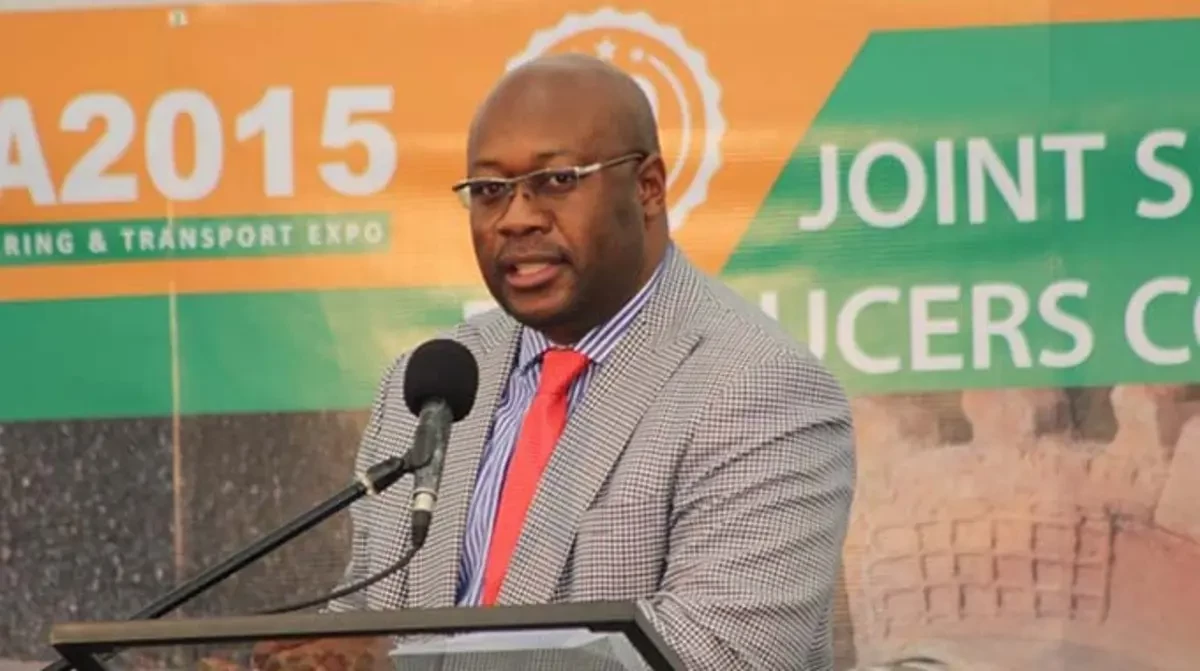
BY MIRIAM MANGWAYA
The Zimbabwe School Examinations Council (Zimsec) 2021 end of year examinations could be plunged into chaos after it emerged that teachers were mobilising to go on a full-blown strike over poor working conditions.
Zimsec examinations were scheduled to start on November 22 for “O” Level candidates, while the “A” Level and Grade 7 examinations will commence on November 29.
But disgruntled teachers said their October salaries had pushed them to the edge and made them realise that they needed to immediately take action.
During last year’s examinations, the Primary and Secondary Education ministry was forced to recruit external invigilators after teachers who were on strike failed to pitch up to invigilate.
Yesterday, different teachers’ unions disclosed that they would convene meetings today to deliberate on the impending strike.
They said educators were currently earning the equivalent of between US$115 and US$130, which was way below the US$520 they are demanding from their employer.
Amalgamated Rural Teachers Union of Zimbabwe president Orbert Masaraure urged government to deal with the issue as it would affect the Zimsec 2021-2022 examinations timetable.
- Chamisa under fire over US$120K donation
- Mavhunga puts DeMbare into Chibuku quarterfinals
- Pension funds bet on Cabora Bassa oilfields
- Councils defy govt fire tender directive
Keep Reading
“Teachers are calling for a school shutdown. We are holding salaries indabas beginning tomorrow (today) to map the way forward,” he said.
“A union position will be announced at the conclusion of the consultation process. We warned that if salaries are not reviewed by October, examinations will be aborted. The failure by government to resolve the salary crisis has collapsed the education sector.”
Progressive Teachers Union of Zimbabwe secretary-general Raymond Majongwe said their members were agitating for job action.
“Teachers are very agitated and bitter. The life of a teacher is now very miserable. Teachers can’t make ends meet. These past two years have seen teachers going through the worst experience since independence,” he said.
Zimbabwe National Teachers Union chief executive officer Manuel Nyawo said: “As representatives of the teachers, we do not act on our own, but we speak with the voice of our members. We do not command them.
“Of late, we had seen a divided reaction among teachers on calling for better wages, but this time around, they are speaking with a very loud voice. They are tired. They can’t cope up with the economic crisis anymore. Prices are going up, but salaries are stagnant.
“Zupco has hiked fares and prices for several commodities are skyrocketing, but government has not yet reviewed its workers’ salaries, neither has it announced a plan to ensure that its workers are well catered for.”
Primary and Secondary Education ministry spokesperson Taungana Ndoro said there were ongoing consultations to address teachers’ grievances.
“The attendance of teachers is well above average in schools nationwide for both non-examination and examination classes. We are looking at around 95% of teachers reporting for duty. The only plausible reasons for less than 100% attendance range from transport challenges to calls for incapacitation instigated by some teachers’ unions that are being heeded by 2,5% of the almost 150 000 teachers across the country,” he said.
“There is nothing overwhelming about calls for job action that would be heeded by about 3 000 members. Primary and Secondary Education minister Evelyn Ndlovu said she was committed to addressing issues pertaining to the welfare of teachers.”
Since schools opened for the second term last month, teachers have been reporting for duty twice per week citing incapacitation.
Previous wage negotiations between government and teachers have ended in deadlock.
Follow Miriam on Twitter@FloMangwaya










